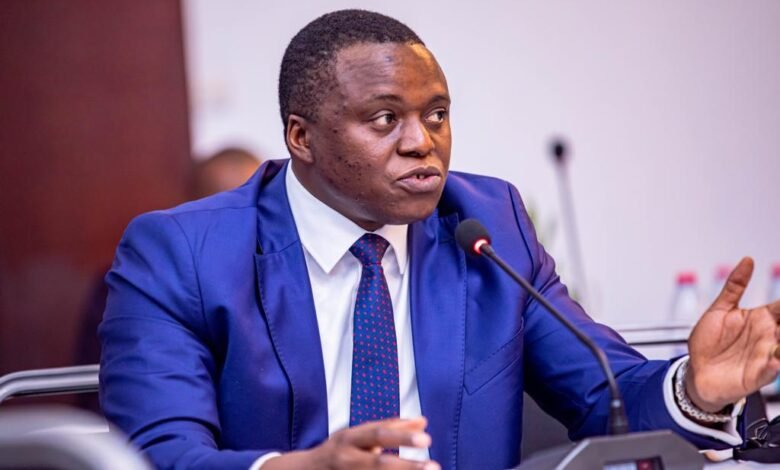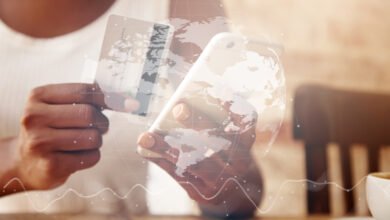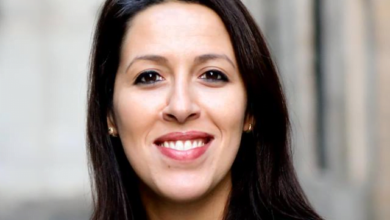
Blaise Moussa, General Manager of the Cameroon Water Utilities Corporation (CAMWATER), attended the 21st International Congress of the African Water Association (AfWA) in Abidjan, Côte d’Ivoire. With ANA, he outlines his achievements and takes a look back at his initiatives to improve the quality of drinking water in Cameroon.
Interview by Bernard Bangda
How do you assess your participation in the Abidjan conference?
Honorable record and results. We are satisfied with our significant participation in the preparation of this Congress. We sent a strong and diverse delegation. The President and the General Manager for the high-level sessions, technical officers for the learning and communication units. We involved civil society, water and sanitation experts, academics, youth and women. In the future, we will work with Cameroonian companies with proven expertise in the field because we want to create a value chain mechanism. And also because the water, sanitation and energy sector has become a driving force for the economy.
How do you create this mechanism once you return to Cameroon?
« We will consider alternative financing modalities so that water is a circular resource, not just to be consumed or used”
By the harmony between all the segments that today make up the great savings around the sector. By combining the social aspect with technology, engineering, financial structuring, insurance, tourism and administration. All in the spirit of integrating sustainable development.
We will integrate alternative financing methods so that water is a circular resource, not just to be consumed or used. If it has already been contaminated by use, it must be treated to return it to the cycle, as a perishable but particularly fragile resource.
This being the case, the other element of the evaluation for us is the general consideration of water issues in Cameroon. This is the place to thank the Cameroonian government, in particular the Minister of Water, our supervisory body, the Board of Directors and, above all, the Head of State. They are all with us in this process of water management in all segments.
Have you entered into partnerships in Abidjan?
Before I answer your question, I would like to point out that there is a question of branding, a question of feedback from others, which is a kind of empowerment for us. And at that level we have learned a lot. There is a collective and individual awareness of the different issues. Then there is this interest in our steering instruments, such as the national water strategy that is being developed in Cameroon, the water and sanitation master plan, the urban and peri-urban water master plan and CAMWATER’s five-year priority investment program (PPQI).
Not to mention the President’s Challenge Plan for December 31, 2022, which was presented to donors, companies and potential technical and financial partners. We came back with a well-filled address book and will be making proposals to the government. As a company with minimal resources, CAMWATER will take up some of these proposals.
Partnerships have been initiated. In the end, CAMWATER is once again important, privileged and internationally sought after.
« Population growth, especially in urban areas, increases the need for water. Our mission is to ensure access to quality drinking water and we will not fail. Let’s also acknowledge the positive changes in a very short period of time”
Despite these efforts, CAMWATER still needs to quench the thirst in Cameroon. How can this be done ?
CAMWATER is trying to raise standards, but like Sisyphus, the rock keeps coming back. Ours is a growing population, especially in urban areas, which, among other things, increases the need for water. But we will meet the challenge of access to quality drinking water.
But let’s face it, despite the smear campaigns, things have changed in just a few months. And that’s a shame. Our staff are working day and night, sometimes in sacrificial conditions, to improve our services. They accepted this during the restructuring period and deserve to be encouraged. Today, we don’t count for anything, and neither does the government. And the price of water does not reflect the cost of its production. It is subsidized.
We are faced with breakages, losses and fraud, which we are fighting and which we can control through our own education. There is no need to always hold up a glass of water that is half empty when it can be considered half full. Nor will we be satisfied with the shortcomings. It is our job to address them. Not alone, but together with all stakeholders.
Can we trust the quality of the water you produce?
CAMWATER is a public service. The management is continuous. We are in solidarity with the failures of the past in terms of mental, not moral, responsibility. It is an obstacle to progress. The Head of State has always said so.
Patience on the part of consumers, self-sacrifice on our part and the participation of citizens in order to better satisfy public policies make it possible to provide public services for the benefit of the people. Collective responsibility requires solidarity and a citizens’ alliance around water. The mental infrastructure is important for this.
Vandalism must not affect the renewal of equipment. After all, it will always be necessary to invest CAMWATER’s or the state’s money. For the state, the needs are unlimited, the resources are scarce. The participation of the citizens in the construction of CAMWATER is important. Therefore, it is not always useful to point the finger only at those responsible for improving the supply.
Some neighborhoods do not have access to water because individuals make diversions that result in bad water entering the distribution system. This sometimes results in localized color changes, pressure drops and water losses in places that are difficult to locate. This is a loss not only for CAMWATER, but also for the country.
« In Cameroon, sanitation is already being done with town halls, sanitation companies and other private companies. But this is not enough. We need to transform waste into healthy or productive inputs”
Abidjan has included the sanitation component in the AfWA. What about CAMWATER, whose general manager is vice-president of this association in Central Africa?
Sanitation issues, which are multi-stakeholder, are taken into account at the policy level and translated into strategies at CAMWATER. Especially since we have been involved in the development of the national water and sanitation policy. This policy will be adopted and implemented. Sanitation is already happening in Cameroon. Some town halls have treatment units, there are sanitation companies, and other private companies are involved in emptying.
But this is not enough. Waste must be transformed into healthy or productive inputs. For example, faecal sludge can be turned into compost for agriculture. And dirty water can be treated. Sewage can be removed for use elsewhere. But wastewater becomes drinking water again and can be returned to the system, limiting the loss of resources.






